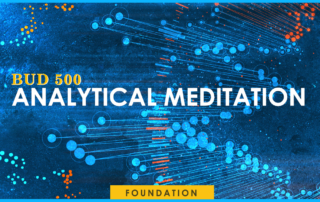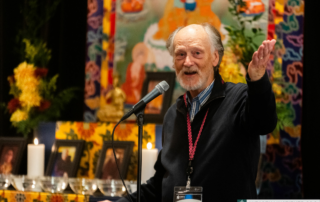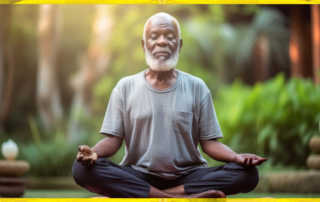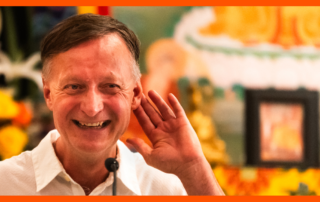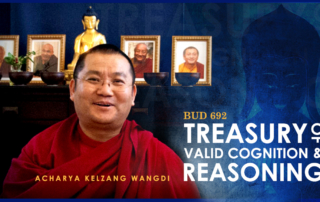BUD 500 Analytical Meditation I
Register Now PREREQUISITES BUD 501 BUD 500 Analytical Meditation I Faculty: {!{types field='faculty' style='text'}!}{!{/types}!} This course is a systematic training in the meditation of special insight following the approach of the Abhidharma tradition. Students learn the skills to gain certainty in the view of selflessness through the practice of the Four Applications of Mindfulness, cultivating inferential wisdom and bringing it to personal experience. PREREQUISITE: BUD 501 REQUIRED TEXTS: None DATES & TIMES: {!{types field='dow'}!}{!{/types}!} {!{types field='course-dates'}!}{!{/types}!}, {!{types field='meeting-times'}!}{!{/types}!} COST: ${!{types field='course-cost' style='text'}!}{!{/types}!} Nitartha’s Payment Plan and Financial Assistance (PPFA) program is funded by
